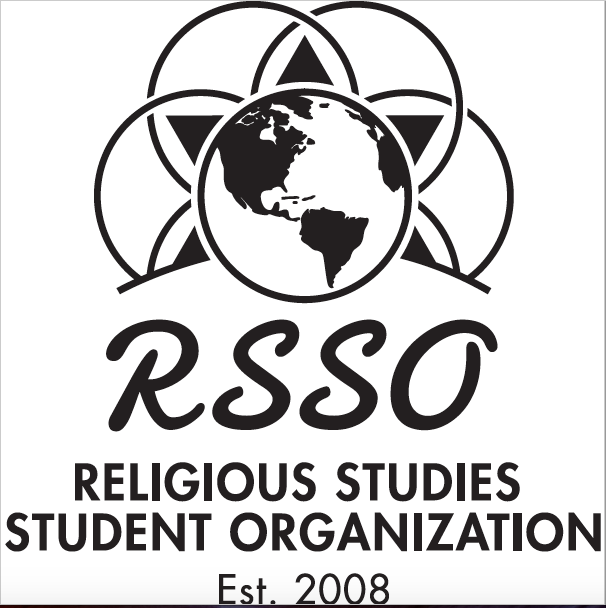The Ecological Conscious of a Biblical Imagination: Noah’s Radicalism as a Model for Acknowledging and Responding to Human-Generated Climate Disaster
Loading...
Moderator
Jocelyn Boor
Start Date
4-4-2020 10:35 AM
End Date
4-4-2020 11:40 AM
Abstract
Despite overwhelming scientific consensus and visible evidence, large groups identifying as part of the Christian community, continue to reject the reality of the human-created climate crisis. These groups use the Bible to reinforce their beliefs, in effect rendering biblical narratives as oppositional to progressive climate action. The ineffable magnitude of the climate crisis makes arguments supporting climate action susceptible to the critiques of literalistic biblical interpretation. In opposition to this stance, we see the Bible as a tool for making ideas of climate change accessible to both Christian and non-Christian communities by providing literary-narrative opportunities to imagine ourselves into situations where climate change has always already been a human-created challenge. Popularized biblical narratives such as Noah’s Ark, which includes themes of a rapidly changing climate, can instill specific concepts which outline our role as stewards of the earth. In short, our research inquires how biblical storytelling can cause readers to reconsider their own position in relation to the urgency of climate change. We see resituating the role of biblical literature vis-à-vis our thinking about climate change in this way as beneficial for two groups: first, those thinking through their own (in)ability to reconcile two ostensibly incompatible notions (biblical felicity and climate reality); second, those struggling to use biblical appeals productively in conversations about climate, whether with Biblical Literalists or non-Christians. We want to recognize biblical texts as imaginative frameworks for a “progressive” agenda of climate action, within a larger goal of re-imaging what sacred texts can be used for in academic settings. We hope to do this by exploring three examples which help us rethink the category of appeals typically used when calling upon the Bible: the Genesis imperative to care for creation (and the human failure to do so); the Sabbath command to recognize human destructive behaviors on the land; and the Flood story, a parable of climate crisis explicitly caused by human actions. These are just three of the earliest and most widely-known biblical narratives which we could employ to these ends. Calling additionally on Walter Brueggemann’s framework of the Prophetic Imagination and Jurgen Moltmann’s Ecological Ethics may showcase how these stories, specifically, inform behavior.
Research Paper: The Ecological Consciousness of a Biblical Imagination: Torah Narratives as a Model for Acknowledging and Responding to Human-Generated Climate Crisis
The Ecological Conscious of a Biblical Imagination: Noah’s Radicalism as a Model for Acknowledging and Responding to Human-Generated Climate Disaster
Despite overwhelming scientific consensus and visible evidence, large groups identifying as part of the Christian community, continue to reject the reality of the human-created climate crisis. These groups use the Bible to reinforce their beliefs, in effect rendering biblical narratives as oppositional to progressive climate action. The ineffable magnitude of the climate crisis makes arguments supporting climate action susceptible to the critiques of literalistic biblical interpretation. In opposition to this stance, we see the Bible as a tool for making ideas of climate change accessible to both Christian and non-Christian communities by providing literary-narrative opportunities to imagine ourselves into situations where climate change has always already been a human-created challenge. Popularized biblical narratives such as Noah’s Ark, which includes themes of a rapidly changing climate, can instill specific concepts which outline our role as stewards of the earth. In short, our research inquires how biblical storytelling can cause readers to reconsider their own position in relation to the urgency of climate change. We see resituating the role of biblical literature vis-à-vis our thinking about climate change in this way as beneficial for two groups: first, those thinking through their own (in)ability to reconcile two ostensibly incompatible notions (biblical felicity and climate reality); second, those struggling to use biblical appeals productively in conversations about climate, whether with Biblical Literalists or non-Christians. We want to recognize biblical texts as imaginative frameworks for a “progressive” agenda of climate action, within a larger goal of re-imaging what sacred texts can be used for in academic settings. We hope to do this by exploring three examples which help us rethink the category of appeals typically used when calling upon the Bible: the Genesis imperative to care for creation (and the human failure to do so); the Sabbath command to recognize human destructive behaviors on the land; and the Flood story, a parable of climate crisis explicitly caused by human actions. These are just three of the earliest and most widely-known biblical narratives which we could employ to these ends. Calling additionally on Walter Brueggemann’s framework of the Prophetic Imagination and Jurgen Moltmann’s Ecological Ethics may showcase how these stories, specifically, inform behavior.

